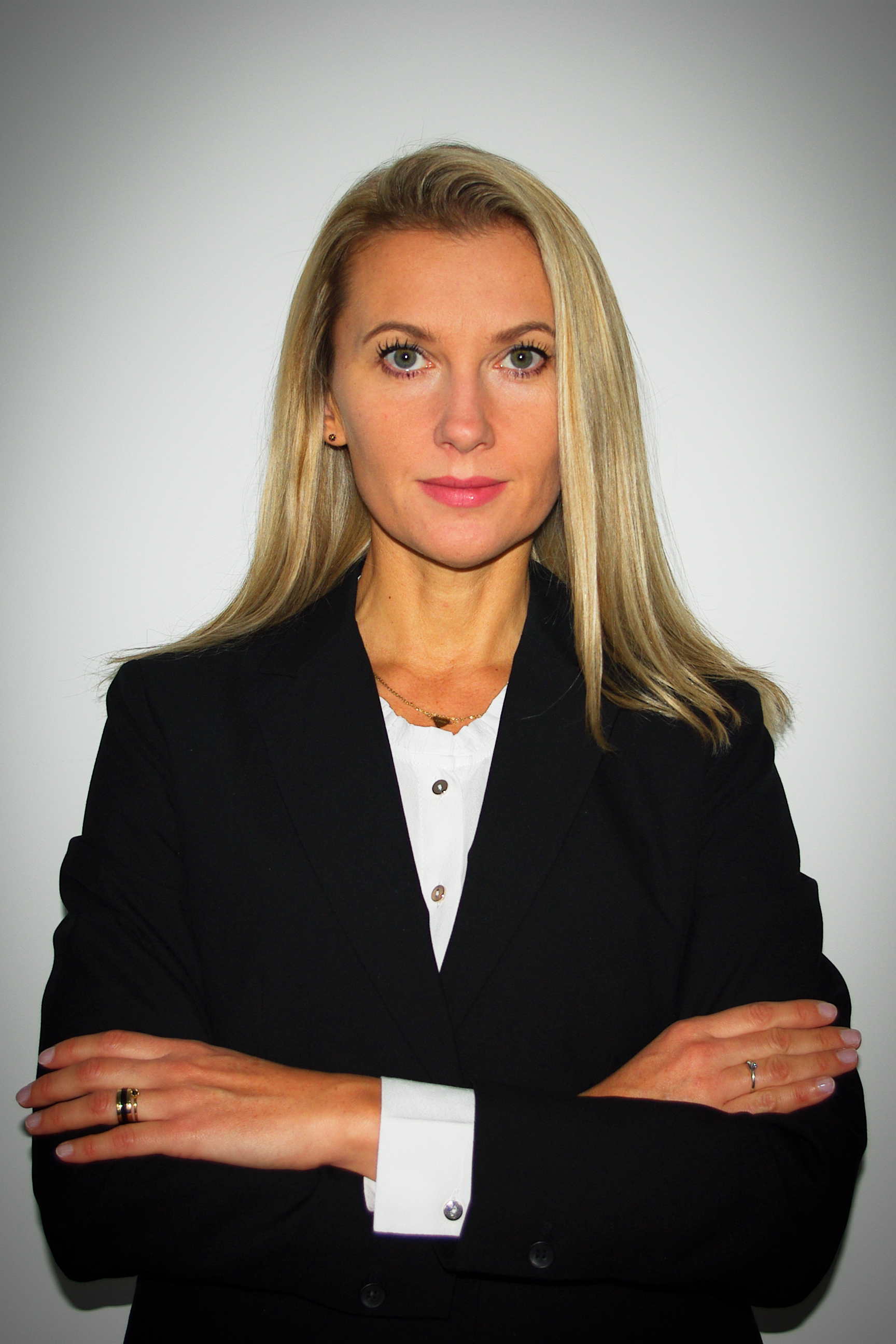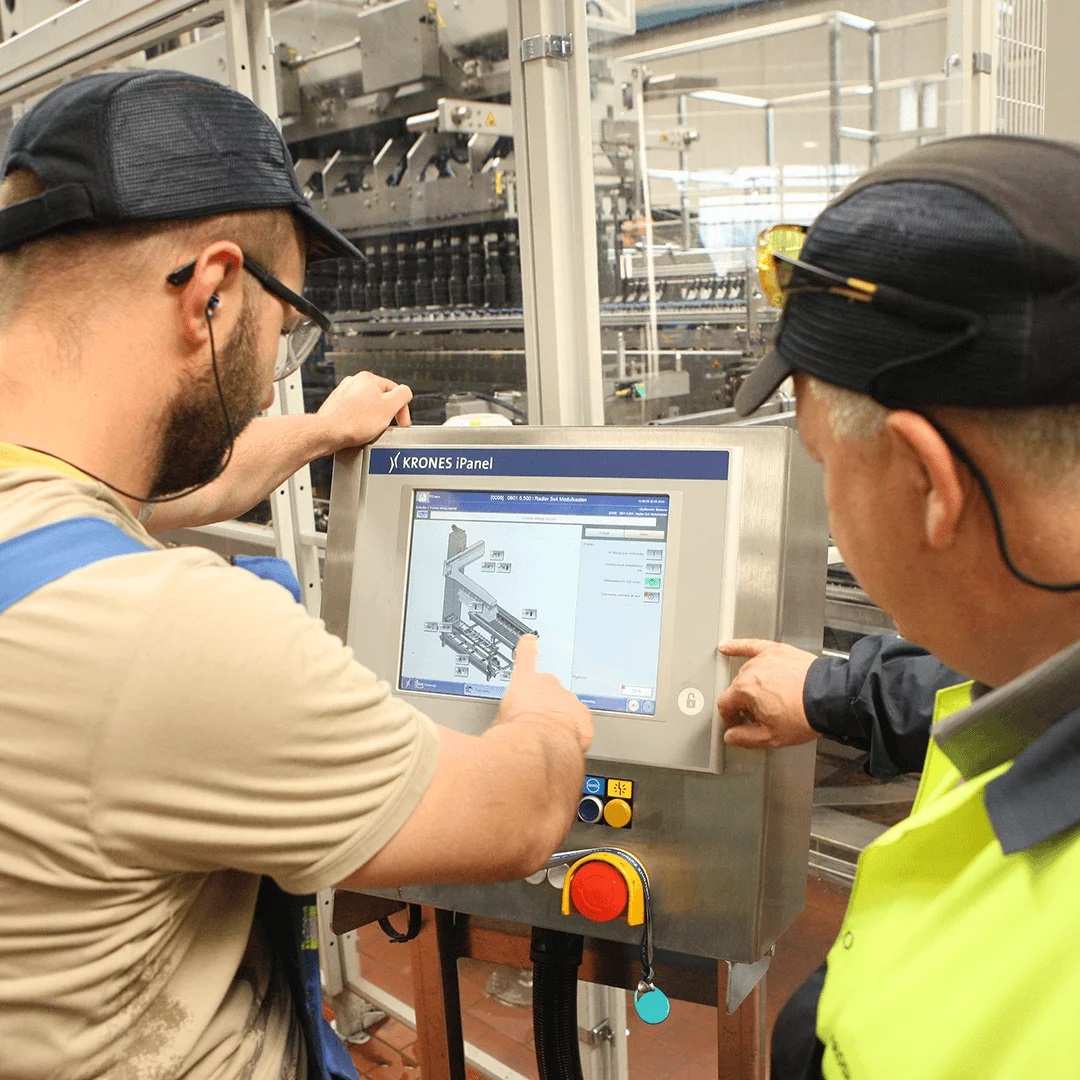The global digital hub of the food giant operates in Poland

- - In 2019, the Heineken Group, to which Grupa Żywiec belongs, joined the global Connected Brewery program, aimed at digitizing the production area by creating its own IIoT (industrial Internet of Things) platform - says Ewa Leśniak, connected brewery lighthouse lead at Grupa Żywiec.
- "We consciously decided not to develop a digital twin as described in the industry press. We are focusing our resources and attention on other aspects of utilizing production data and developing the IIoT platform," our interlocutor clarifies.
- "The development of AI will undoubtedly play an increasingly important role in the competitiveness of companies. However, in Poland, it seems we still have another important task to accomplish – the transformation of the energy sector. Without cheap, green, and accessible energy, there is no industrial development, let alone digital development..." emphasizes Ewa Leśniak.
- The conversation is part of a series of interviews that will serve as the basis for the report "From Tape to Algorithm. How Digitalization Is Shaping the Future of Industry," prepared by WNP Economic Trends in conjunction with the New Industry Forum (Katowice, October 14-15, 2025) .
What investments in the field of digitalization and digitization (and other related elements of Industry 4.0 - robotization and automation) have you made in the last five years?
- Over the last five years (in 2019 to be precise), the Heineken Group, to which Grupa Żywiec belongs, has joined the global Connected Brewery program, aimed at digitizing the production area by creating its own IIoT (industrial Internet of Things) platform.
Since its launch, both the platform itself and the mobile applications supporting it have been under intensive development. Digitalization in production planning and transportation planning is progressing equally rapidly.
Let me remind you that Grupa Żywiec SA was selected as one of three global digital hubs, referred to as Lighthouse .
Every year we plan further investments related to digitization and robotization, consistently developing our competences and infrastructure towards a modern, integrated approach to production.

How do you assess the digital maturity of your organization?
We believe our level of digital maturity is good, and in some areas even high. But of course, this depends on the reference point, as the automotive industry remains the leader in this field.
"The industrial internet of things has simply become an integral part of everyday work in our plants"What criteria dominate decisions about digital investments?
- These decision-making criteria include: targeted cost reduction, increased competitiveness, increased production efficiency, labor shortages, stringent quality requirements, the need for prediction, planning and predictability in production processes, regulatory requirements, customer expectations and long-term planning.
These priorities, of course, depend on the specific production area and its current needs.
Who do you work with to implement digitalization?
- With a wide range of suppliers, as well as with universities, which allows us access to the latest technologies and expert knowledge, supporting our activities in the field of digitalization and innovation.
What is the current level and impact of data collection (especially in production)? What are the plans, for example, regarding smart factories, the Industrial Internet of Things (IIoT), and resource digitization?
All Żywiec Group breweries have been actively utilizing industrial internet of things solutions for several years now, as I've already mentioned. In practice, this means that production data is systematically collected, and the infrastructure enables its further expansion and integration.
The collected data is visualized and analyzed using dedicated dashboards, which our operational staff use daily. IIoT has become an integral part of daily work at our facilities.
What about virtual twins?
We have consciously decided not to develop a digital twin as described in the industry press. We are focusing our resources and attention on other aspects of utilizing production data and developing the IIoT platform.
Our activities are focused on practical applications that bring real operational benefits and support the further digitalization of production processes.
"The Żywiec Group puts safety first in every area"How do you assess the potential and risks associated with acquiring and exchanging data with B2B partners (suppliers, customers)?
- The potential associated with digitization and the use of data is enormous, but of course it is accompanied by equally significant security risks.
With the security of data and the company's interests in mind, we strive to carry out all activities in accordance with the requirements and standards of our data security department – PCD Security.
More generally, the Żywiec Group prioritizes security in every area and continues to treat it as a top priority. This includes protecting our digital environments and securing the production and operational data we collect.
How do digitalization and the general changes related to Industry 4.0 influence or will influence the management method and organizational culture in the company?
Digitalization obviously has a significant impact on management and organizational culture within a company. The use of these digital dashboards in daily work significantly changes the way we make decisions and organize operational activities.
At Grupa Żywiec, in addition to creating a digital hub – Lighthouse, which builds and implements digital solutions, we have also strengthened the role of digitalization specialists.
At the same time, we continually invest in developing the competencies of our employees through training, workshops, meetings, and active knowledge sharing. This allows us to build an organizational culture based on innovation, collaboration, and informed data use.

In terms of the level of robotization, Poland is lagging behind the EU, a digital twin is still a rarity overall, and there is not much of a queue of companies waiting to use the data centers (cloud computing) that have already been developed in the country... What, in your opinion, is the main reason for the slow digitalization of Polish companies so far?
- Running a business in Poland is becoming more and more expensive... Tax burdens and regulatory bureaucracy are increasing.
Consumers are constantly guided by price when making purchasing decisions, so revenues aren't growing as quickly as they might as a result of society's growing wealth. Companies, especially smaller ones, lack the resources for investment and experimentation.
The state should limit regulations to a minimum and wisely support technological transformation - also using EU funds.
Do European and national digitalization megaplans (e.g., "AI Gigafactories" or "Application of Artificial Intelligence," as well as other strategies related to quantum technologies, such as the EU or the Poland Digital Strategy 2035) offer any hope for real support? What should businesses expect?
"AI development will undoubtedly play an increasingly important role in the competitiveness of companies. However , in Poland, it seems we still have another important task to accomplish – the transformation of the energy sector. Without cheap, green, and accessible energy, there is no industrial development, let alone digital development..."
"Management of the future combines technology, people and respect for the environment"Is the new concept of Industry 5.0—combining technology, sustainable development, and people-centeredness, along with company resilience to crises—an inevitable direction? Will businesses be able to meet these expectations?
- Each year, the business environment becomes more unpredictable and changes more rapidly. Technological development remains necessary also due to the demographic challenges facing Poland. Generational replacement is already challenging in long-established companies.
Managing the future is therefore management that combines these three elements: technology, people and respect for the environment.
To what extent are the digital solutions you implement related to, for example, energy consumption optimization, carbon footprint, reporting transparency, or social responsibility?
- What's the practice in detail? At Grupa Żywiec, we use meticulous measurement of our brewing, bottling, and packaging processes, along with the resulting large data sets, to continually reduce our energy consumption and, therefore, our environmental impact.
Over 100 sensors allow us to track water consumption in real time, for example, and react where it is too high or look for savings where they are still possible…
wnp.pl



